This is the fifth summary we publish that reports the amount of traffic passing through our servers, uptime and traffic spikes.
In February, we had two scheduled maintenances for updating the servers.
The downtime that occurred February 13th lasted for about 15 minutes and only affected VPN04 in Stockholm. The downtime that occurred February 27th affected VPN02-05 in Stockholm and lasted about 60 minutes.
VPN01 - Malmö
Traffic spikes (Mbit/s)
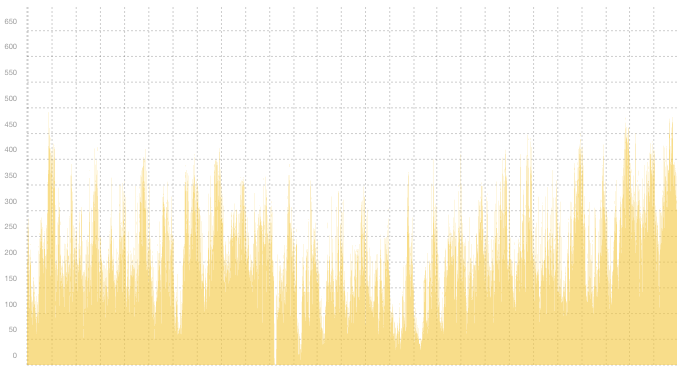
Analysis
VPN01 encrypted and anonymized a total of 62,912 GB (61.44 TB) traffic. That's an increase of 9,218 GB from the previous month.
Peak traffic was at 621 Mbps, which is 61.3% of maximum capacity.
95th percentile was 388 Mbps, which means that 95 percent of the time VPN01 was below 37.9% of maximum capacity.
VPN01 had an uptime of 100% during February.
VPN02 - Stockholm
Traffic spikes (Mbit/s)
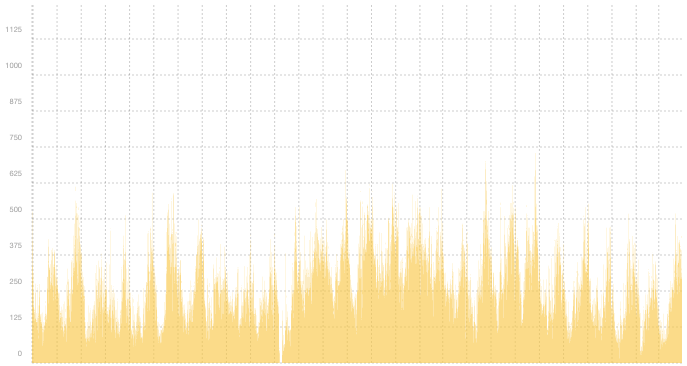
Analysis
VPN02 encrypted and anonymized a total of 77,733 GB (75.91 TB) traffic. That's a decrease of 5,195 GB from the previous month.
Peak traffic was at 1,010 Mbps, which is 71% of maximum capacity.
95th percentile was 494 Mbps, meaning that 95 percent of the time VPN02 was below 34.7% of maximum capacity.
VPN02 had an uptime of 99.83% during February due to the planned maintenance that occurred on February 27.
VPN03 - Stockholm
Traffic spikes (Mbit/s)
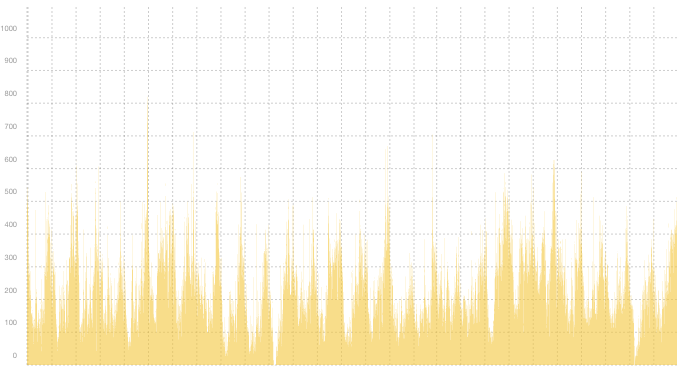
Analysis
VPN03 encrypted and anonymized a total of 68,221 GB (66.62 TB) traffic. That's a decrease of 5,497 GB from the previous month.
Peak traffic was at 965.8 Mbps, which is 67.8% of maximum capacity.
95th percentile was 446 Mbps, meaning that 95 percent of the time VPN03 was below 31.3% of maximum capacity.
VPN03 had an uptime of 99.83% during February due to the planned maintenance that occurred on February 27th.
VPN04 - Stockholm
Traffic spikes (Mbit/s)
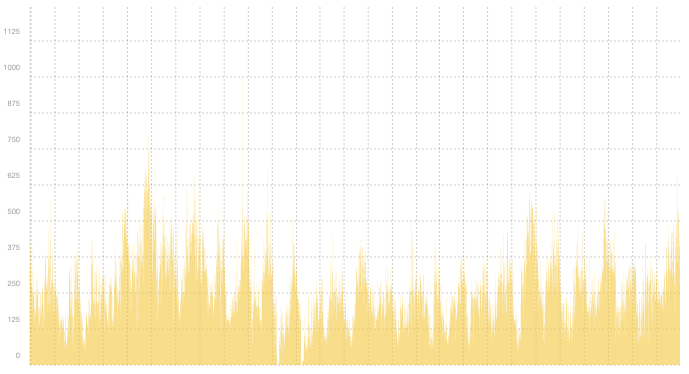
Analysis
VPN04 encrypted and anonymized a total of 76,533 GB (74.74TB) traffic. That's an increase of 9,723 GB from the previous month.
Peak traffic was at 1,057 Mbps, which is 74.2% of maximum capacity.
95th percentile was 480 Mbps, meaning that 95 percent of the time VPN04 was below 33.7% of maximum capacity.
VPN04 had an uptime of 99.79% in February due to the two planned maintenances that occurred.
VPN05 - Stockholm
Traffic spikes (Mbit/s)
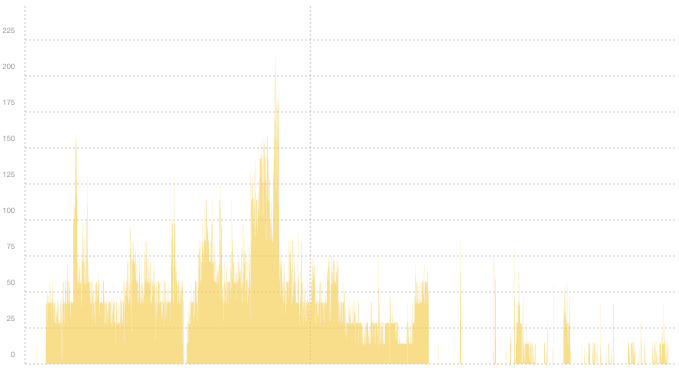
Analysis
VPN05 encrypted and anonymized a total of 7,532 GB (7.4 TB) traffic. That's an increase of 2,240 GB from the previous month.
Peak traffic was at 208 Mbps, which is 14.6% of maximum capacity.
95th percentile was 102 Mbps, which means that 95 percent of the time VPN05 was below 7.1% of maximum capacity.
VPN05 had an uptime of 99.83% during February due to the planned maintenance that occurred on February 27,
WEB01 - Falun
Uptime (%)
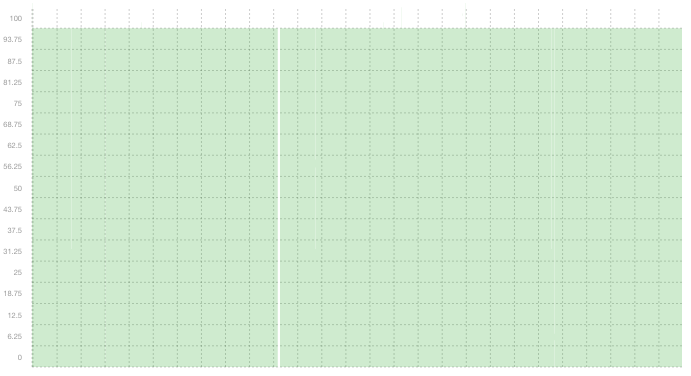
WEB01 had a uptime of 99.47% in February, resulting in a total downtime of 207 minutes. The downtime is due to the server getting a kernel panic in connection with an update we did.
SQL01 - Falun
Uptime (%)

Because SQL01 and WEB01 are on the same server, SQL01 also suffered from the outage. The uptime for SQL01 during February was 999.56% . The downtime for SQL01 during February was thus 165 minutes.
SQL02 - Falkenberg
Uptime (%)
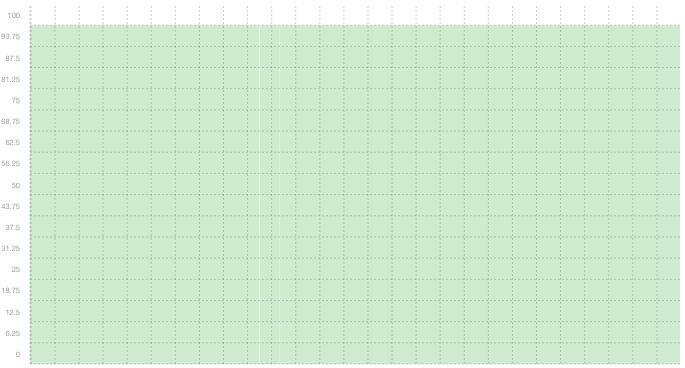
SQL02 had a uptime of 99.86% in February, resulting in a total downtime of 56 minutes.
Summary
We managed to maintain an uptime of at least 99.5% in February even though we had two planned maintenances. The volume of traffic did not increase much from the previous month, as we only encrypted and anonymized 10,589 GB (10.34 TB) more than the previous month.
OVPN still has a lot of room left to bring in new customers while ensuring high speeds for our current customers.
David Wibergh
